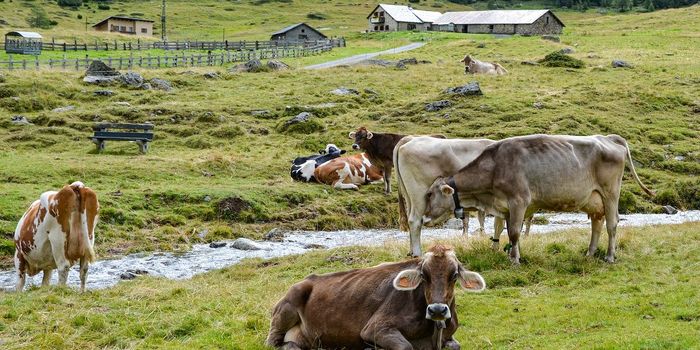Researchers Find That Rift Valley Fever Can Spread in US Livestock
We live in a globally connected world where it’s easy to travel virtually anywhere at the drop of a hat. It’s also a world in which there are still many ongoing conflicts and many places with poor infrastructure. Those factors have helped diseases emerge and spread. With that in mind, Colorado State University researchers wanted to know more about how Rift Valley Fever might impact livestock if it arrives in the US.
Mosquitoes carry and spread the virus that causes Rift Valley Fever, which is usually seen in cattle but can infect people. It has caused several serious outbreaks in African countries. Often people have no symptoms when they’re infected but it can cause ocular disease, encephalitis, and hemorrhagic fever in about ten percent of infected people. Countries in the Middle East and Africa have experienced outbreaks since the year 200; in nearly all of those outbreaks there were deaths.
Reporting in Transboundary and Emerging Diseases, the researchers found that local mosquitoes that live in near Colorado feedlots, Culex tarsalis mosquitoes that can already carry West Nile virus, could also carry Rift Valley Fever. The mosquitoes have been shown to act as vectors for other diseases in previous work.
"It's one of the most medically important species in Colorado and in the United States," said Rebekah Kading, assistant professor in CSU's Department of Microbiology, Immunology, and Pathology.
The researchers assessed the blood meals of mosquitoes at four sites - feedlots with and without livestock In Northern Colorado.
"Lab studies show these mosquitoes have very high transmission rates," said lead study author Daniel Hartman, a CSU doctoral student. "We've now found that this mosquito is in and near feedlots. It will bite a cow and, presumably, it would bite another cow. That's the complete transmission cycle for a virus. We also know that deer are highly susceptible to this virus, so we can look at the magnitude of transmissions."
The scientists want to know more about how the virus might spread. "With some of the mosquito species from our field study, we learned more about blood meals from deer and cattle," Kading said. "But there is little or no vector competence data available for them. Now, in the lab, we want to 'challenge' those mosquitoes, to see if they're capable of transmitting Rift Valley fever virus."
This virus can also spread from mosquito to offspring, and the researchers are investigating.
"The eggs get infected, so the female passes the virus on to offspring mosquitoes, which then continue to transmit the virus," explained study co-author Nicholas Bergren a postdoctoral fellow in the Kading lab.
Sources: AAAS/Eurekalert! via Colorado State University, Transboundary and Emerging Diseases









